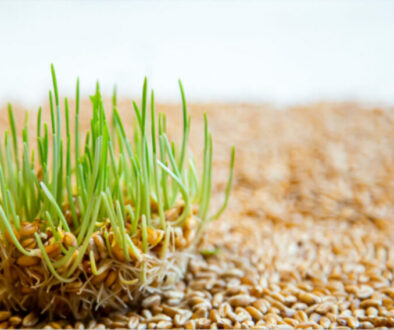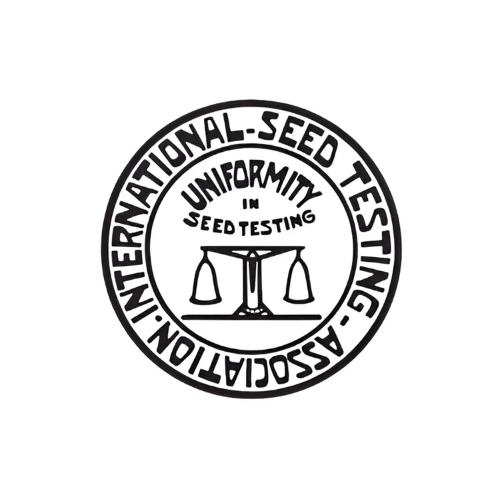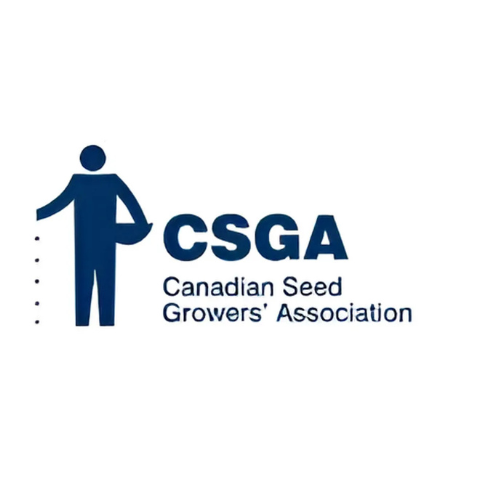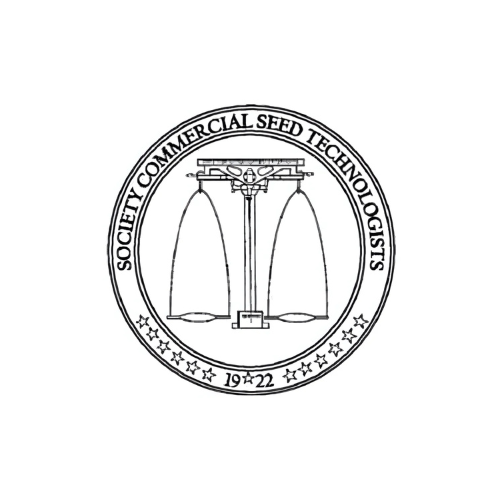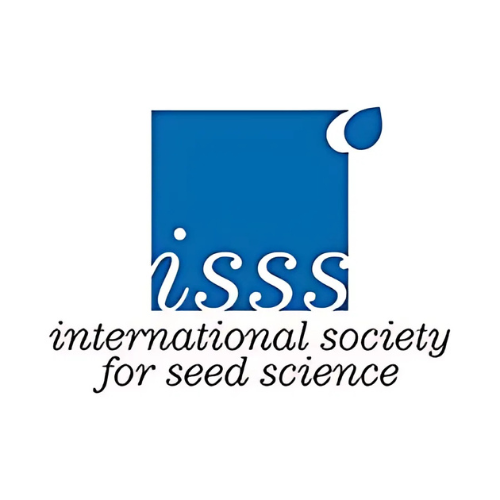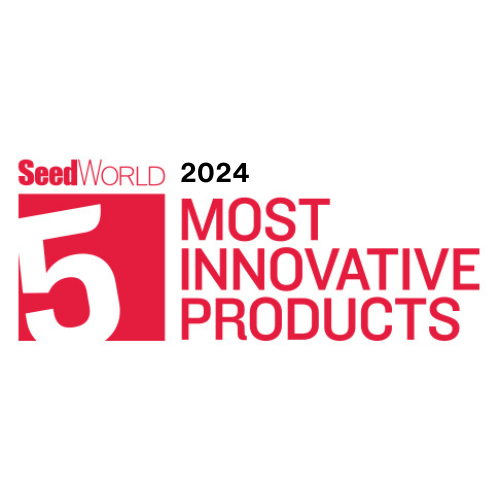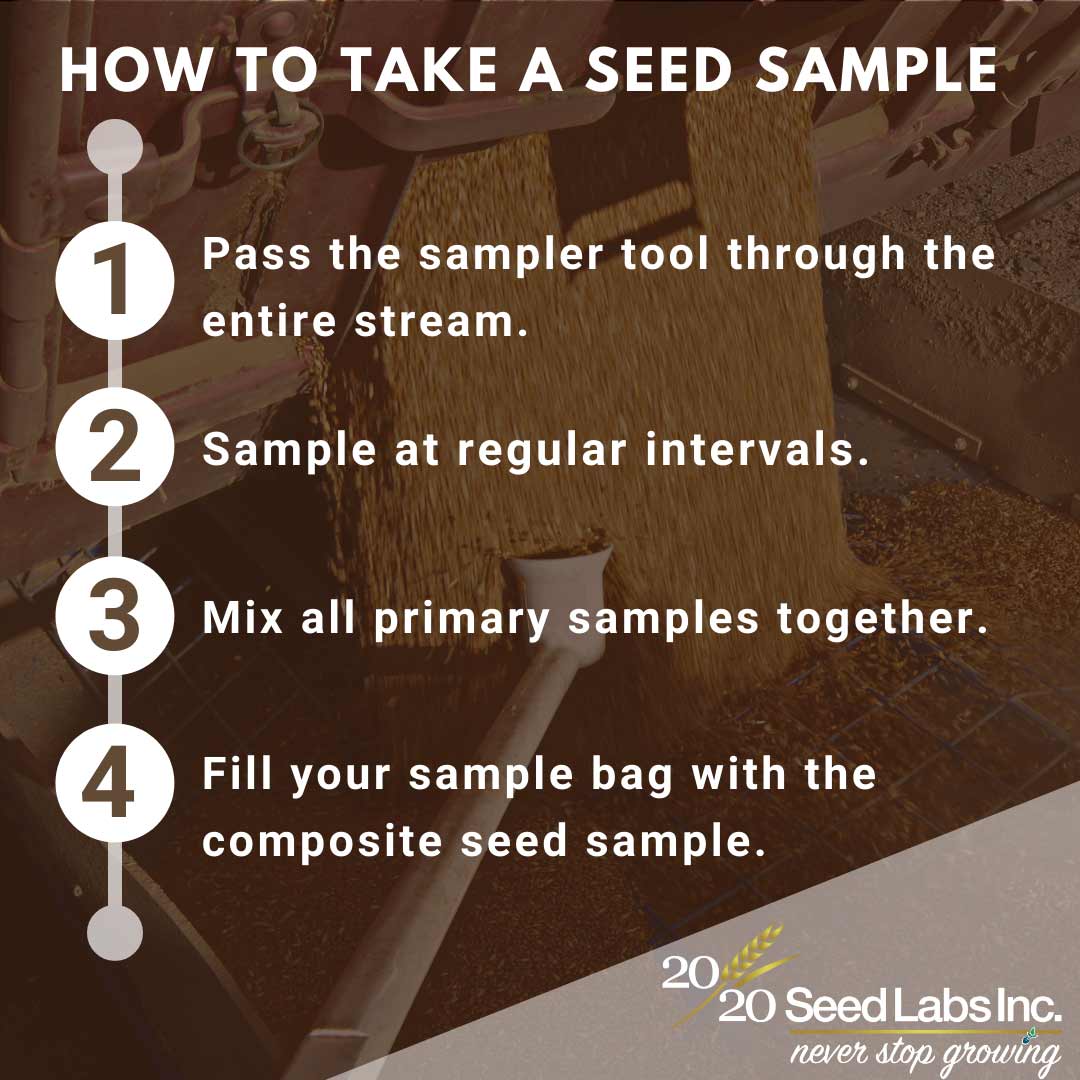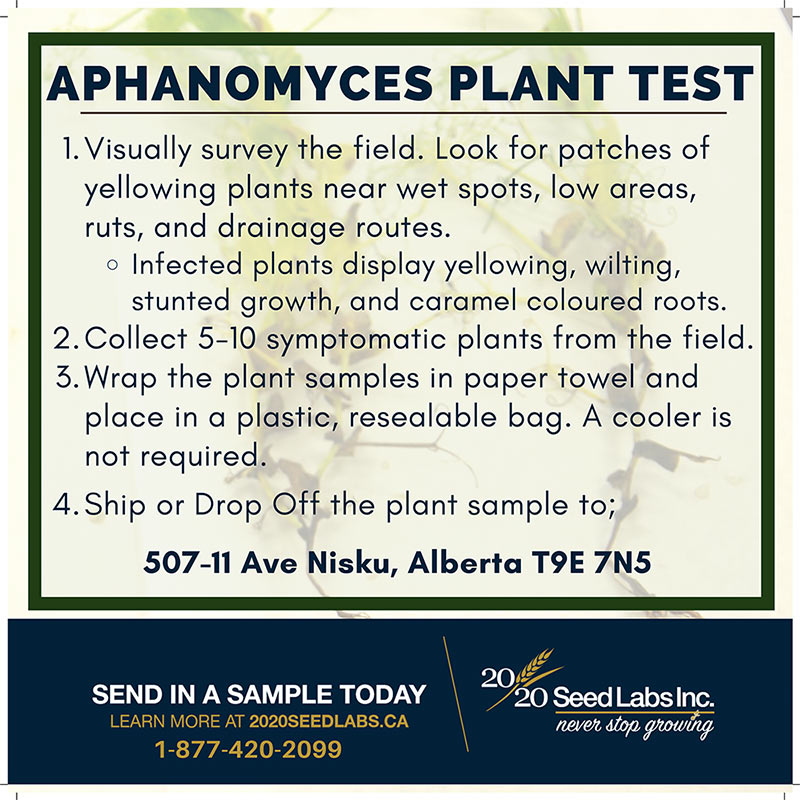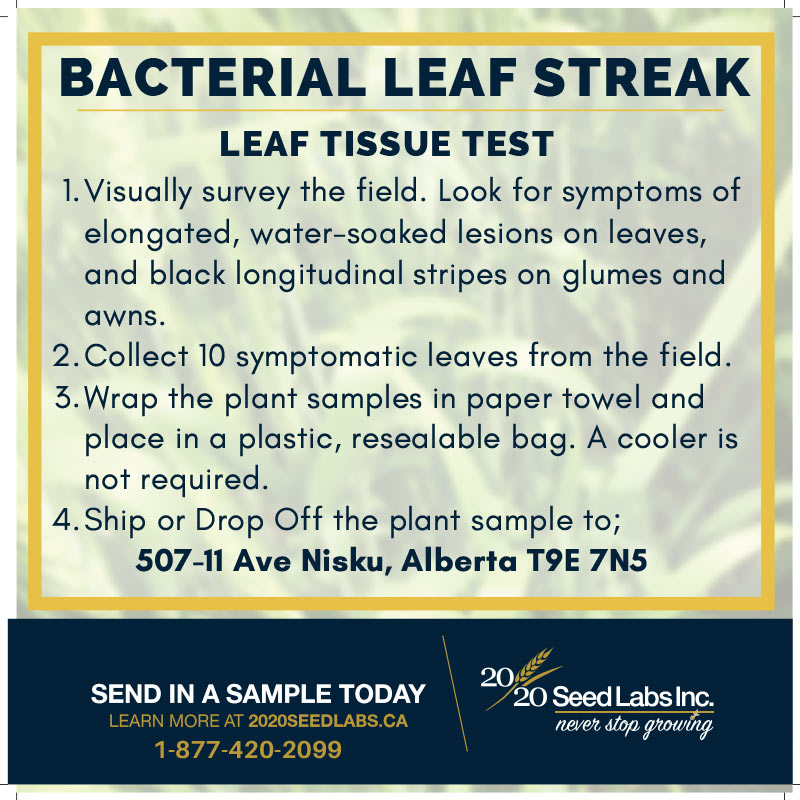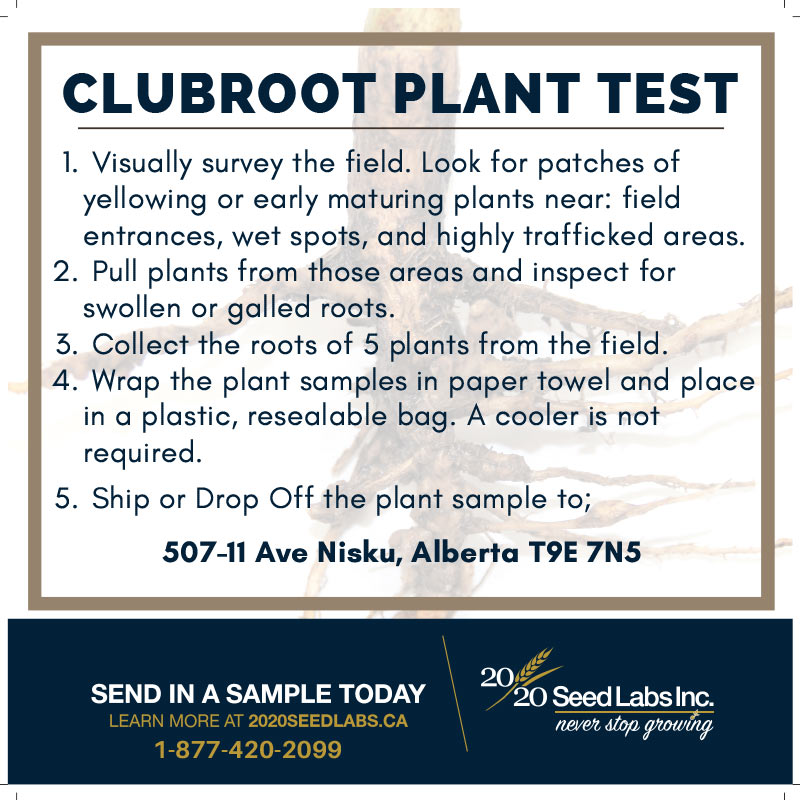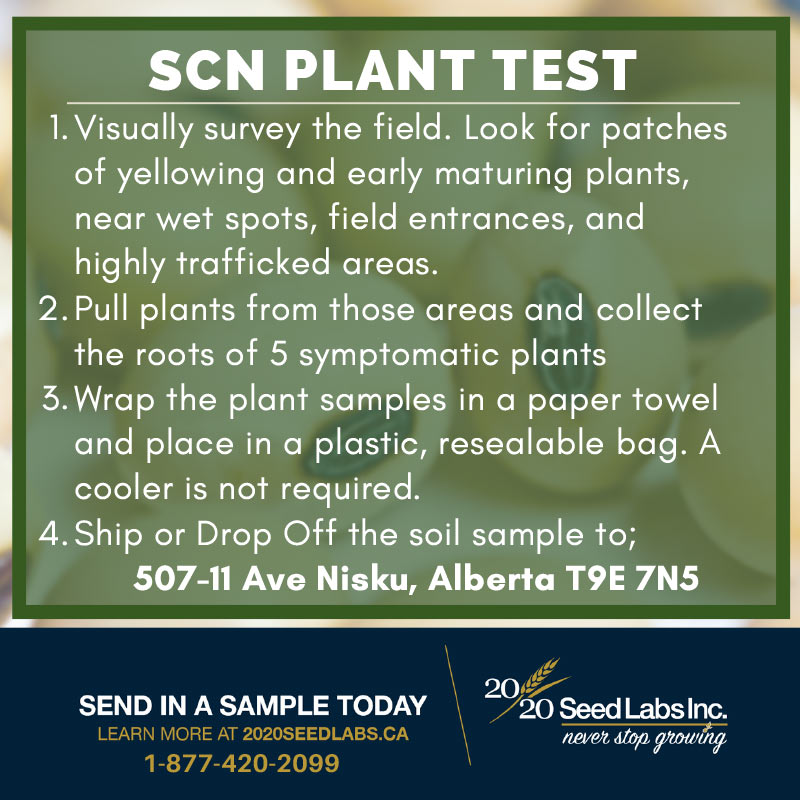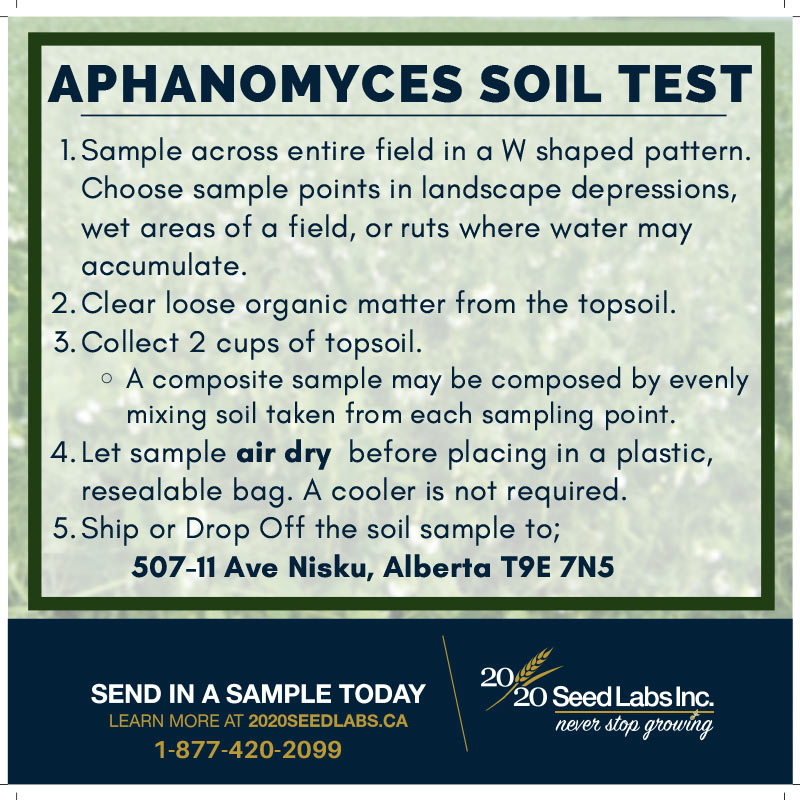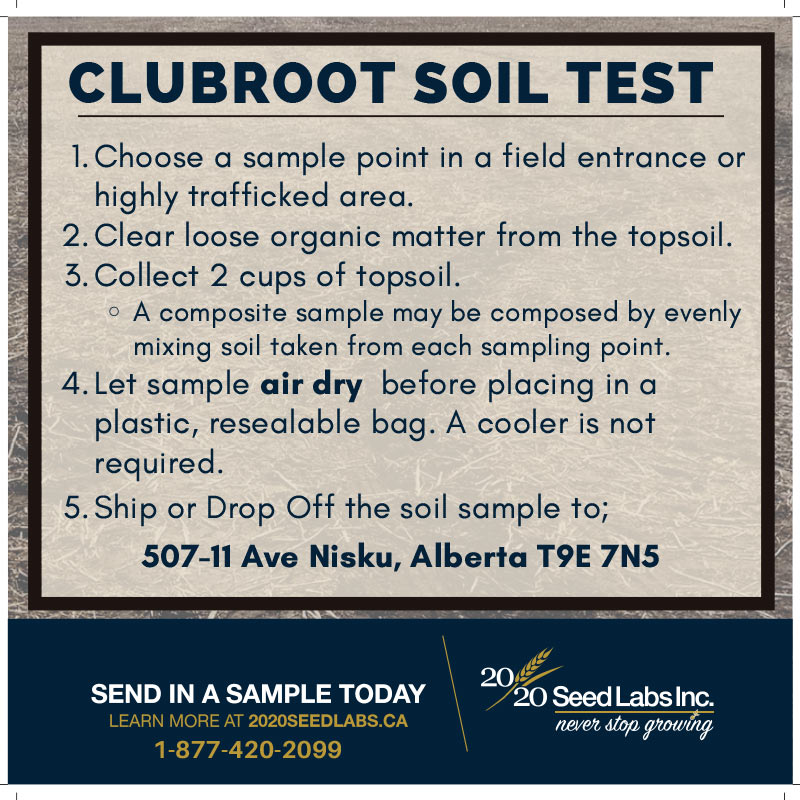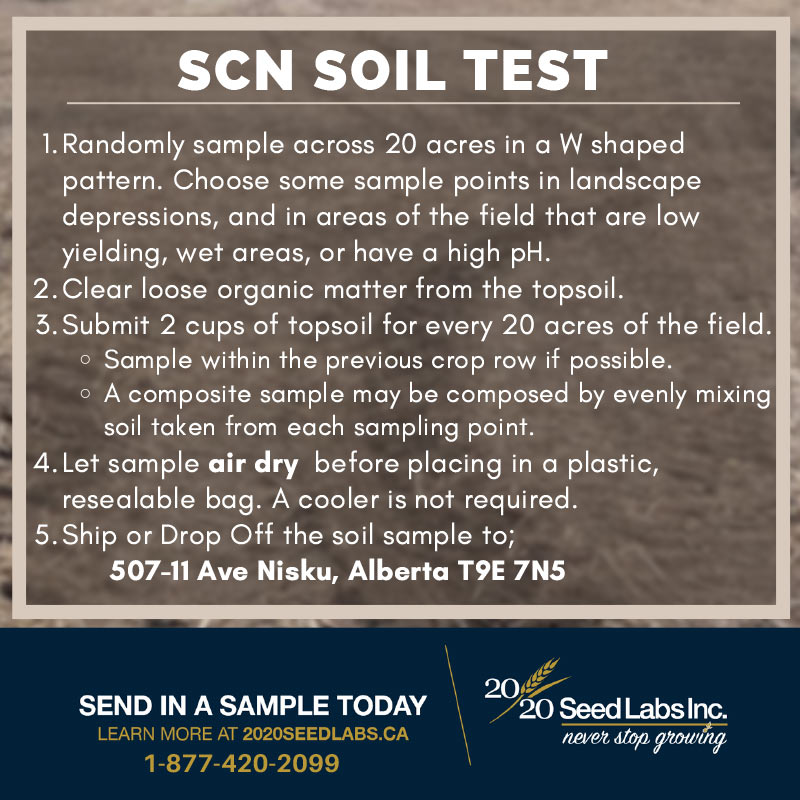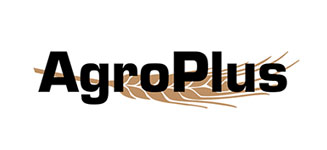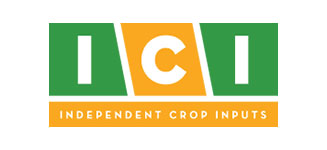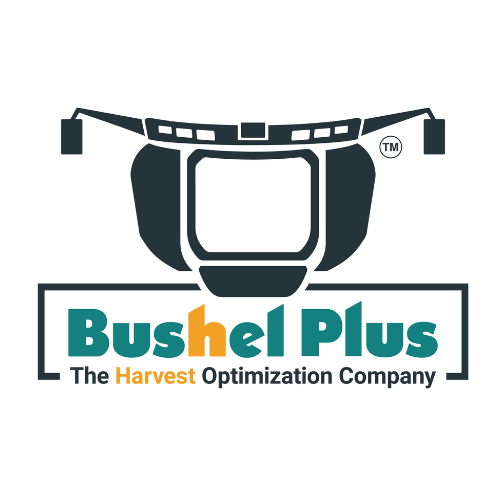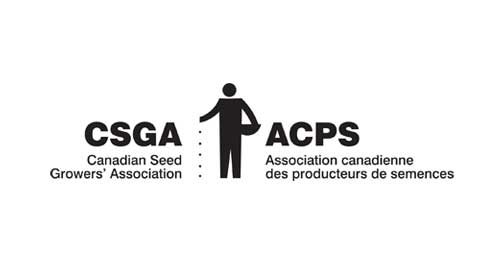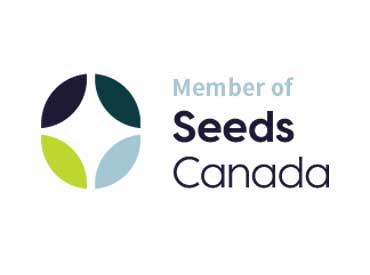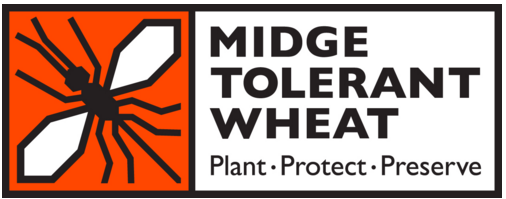It goes without saying that it’s a seed analyst’s dream to escape winter and work in warmer climes for three months like Chile’s, as we have for over a decade.
The Canadian seed industry has been invested in contra-season production to supply hybrid canola, soybean and corn to farmers in the northern hemisphere for over 30 years. Chile, according to the International Seed Federation (ISF), is the leading exporter in the Southern Hemisphere and the world’s fifth-largest seed exporter. It also ranks third in the country’s agricultural exports.
I am a senior seed analyst, manager of our Chile laboratory and program administrator continuing to secure our position for expediting shipments of seed to Canada. This is due largely to having the credentials that are recognized by both Chile and Canada.
Working in other countries broadens and informs an analyst’s outlook as we continue to learn about seed production, seed testing, phytosanitary requirements and shipping.
There are many challenges associated with contra-season production, and they’re not unlike challenges we face at home. The difference with contra-season production is that the challenges faced are compressed into a short window.
Quality is paramount, facilitating and expediting seed shipments more so as seed needs to be shipped to Canada in time for spring sales. It’s tested again in Canada in order to meet the strict regulatory requirements for Canadian seed standards.
As I’ve said previously, Chile’s climate is changing, and our holdings in Chile may change. Cooler summers mean Chile is not immune to the climate change challenges faced in the rest of the world.
Chilean government officials are drafting legislation that could potentially prevent GMO seed production in the country, after a recent election took the country in a different policy direction. There are many within the Chilean government who appreciate the need for modern technologies like GM, and we’re hopeful these voices will be recognized to ensure contra-season production of GM seed can continue in Chile well into the future.
Depending on what happens, seed companies both in Canada and abroad may one day be looking to other nearby countries — like Argentina, Paraguay and Peru — for contra-season production. Their climate is very similar to Chile’s and benefits from two growing seasons, meaning it could be an ideal place to do such production if it could no longer be done in Chile.
Of course, things are far from certain, and for now Chile remains an important place to produce canola, soybean and maize seed in the off-season.
Regardless of what happens, the situation illustrates the need for mobile seed analysts like me — analysts who can travel to where seed is tested to better enable seed movement across borders. This year we were glad to expand our Chile seed testing program to wheat crops. A client needed to import the seed into Canada as soon as possible, and for that process to go smoothly, you need at least an accredited purity test done.
Our client submitted the sample in the morning to our location in Chile, and we were able to deliver the results and report of analysis before noon, which made all the difference.
Enabling timely seed movement is essential and something that will make mobile seed analysis more important as time goes on. But timely results are also important here at home and delivering those results fast is a skill learned over time. When it’s time to plant you can’t afford delays, and you can’t afford to use poor quality seed.
The good news is that any seed bought from Chilean production is tested to reach its maximum potential. In many cases well over the minimum requirements. If Mother Nature cooperates, we should once again see great canola, soybean and corn crops thanks in no small part to contra-season seed testing we carry out in Chile every year.
This article was originally published in Germination magazine. Read the latest news in the Canadian and international seed industry at Germination.
